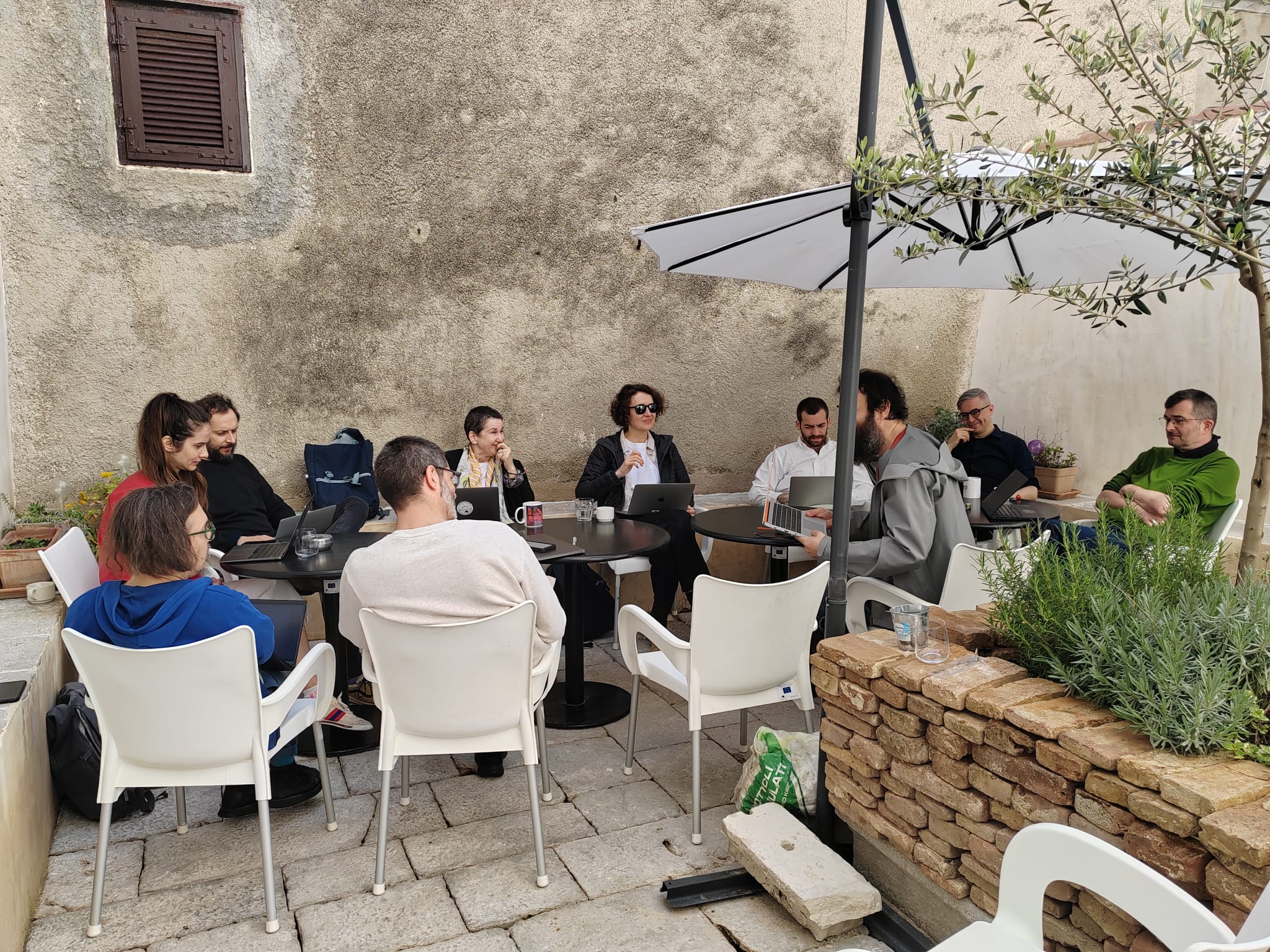The Epistemic Circumstances of Democracy
29th January 2021, 9:00 am – 7:30 pm (CET)
In both academia and layperson political culture, democracy has been enshrined as the system that best respects every citizen’s freedom and political equality. However, it is worth inquiring whether average voters – some of whom are neither informed nor unbiased and impartial – can be trusted to choose the correct option. For decades, studies in political epistemology, political science, and sociology have shown that citizens do not possess the most basic political knowledge and cannot even articulate their moral values. How can their electoral choices reflect the real common good? Those skeptical of democracy point to additional problems at play. Empirical evidence seems to suggest that partisanship is likely to devolve into polarization. Due to their function of representing a particular ideology, political parties often resemble echo chambers, closed epistemic structures that sequester their supporters from opposing viewpoints. Likewise, diverse media platforms, often hailed as good for democracy, make it easy for citizens to select those networks that best agree with their biases, further polarizing their beliefs. These apprehensions raise the question of whether the empirical epistemic circumstances of democracy in modern societies are so flawed that democracy has become another concept that functions only in theory, only to disappoint in real life.
On the other side of the spectrum, proponents of democracy argue the Condorcet Jury Theorem implies that minimally competent, sincere, and independent voters are, when amassed, almost entirely likely to make the correct decision. According to the original Condorcet Jury Theory, as long as voters are merely more probable than random to be right, are independent of each other, and do not vote strategically, the likelihood they are correct converges to certainty the more numerous they are. As a consequence, millions of citizens just slightly above average outperform even the most brilliant individuals. Besides, those eager to defend democratic decision-making stress that diversity reaps copious epistemic benefits: a handful of experts cannot match the political relevance of ordinary citizens’ judgments of their priorities and living conditions. Epistocracy and aristocracy are bound to remain overly elitist for a decent alternative to democracy.
This conference, keeping the debate’s complexity in mind, aims to examine whether democracy can outlast its harshest critics. Can Condorcet Jury Theorem’s requirements survive the real epistemic circumstances of democracy? Are empirical citizens ever genuinely independent of each other, and do our biases make us collectively worse than chance at making the correct choice? Are political polarization, extremism, and voter ignorance too high a price for diversity? How can democracy be modified to both preserve its advantages and cancel its failures? The represented viewpoints include theorists ranging from those comprehensively distrustful of democracy, over epistemic democrats, to procedural democrats.
Organizers:
Center for Advanced Studies Southeast Europe, University of Rijeka
Institute for Philosophy and Social Theory, University of Belgrade
Hana Samaržija / University of Zagreb
UNIRI The Moise Palace: Cres Island
An education center of the University of Rijeka. A five-hundred-year-old patrician townhouse and the largest Renaissance palace on the Croatian islands. A venue and forum for various scientific and research activities, it welcomes visiting academics, students and scholars.




